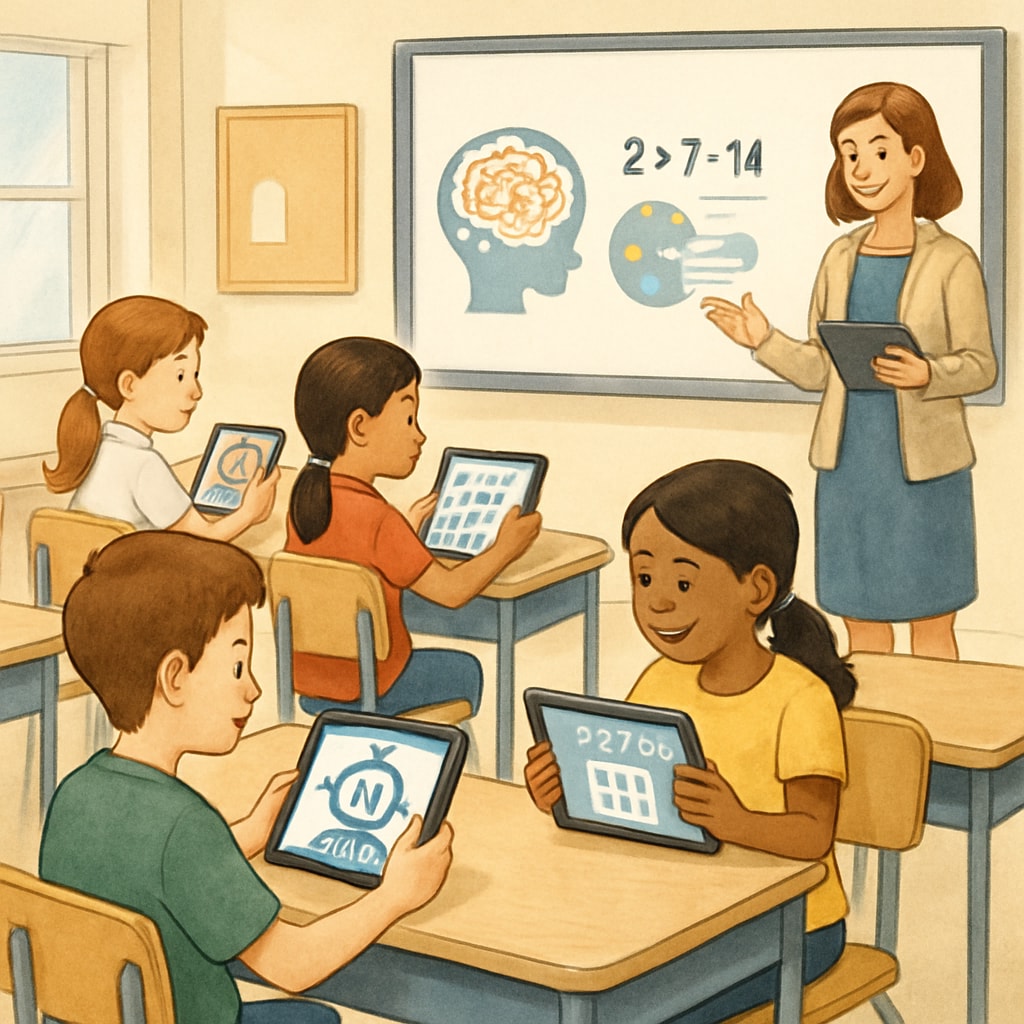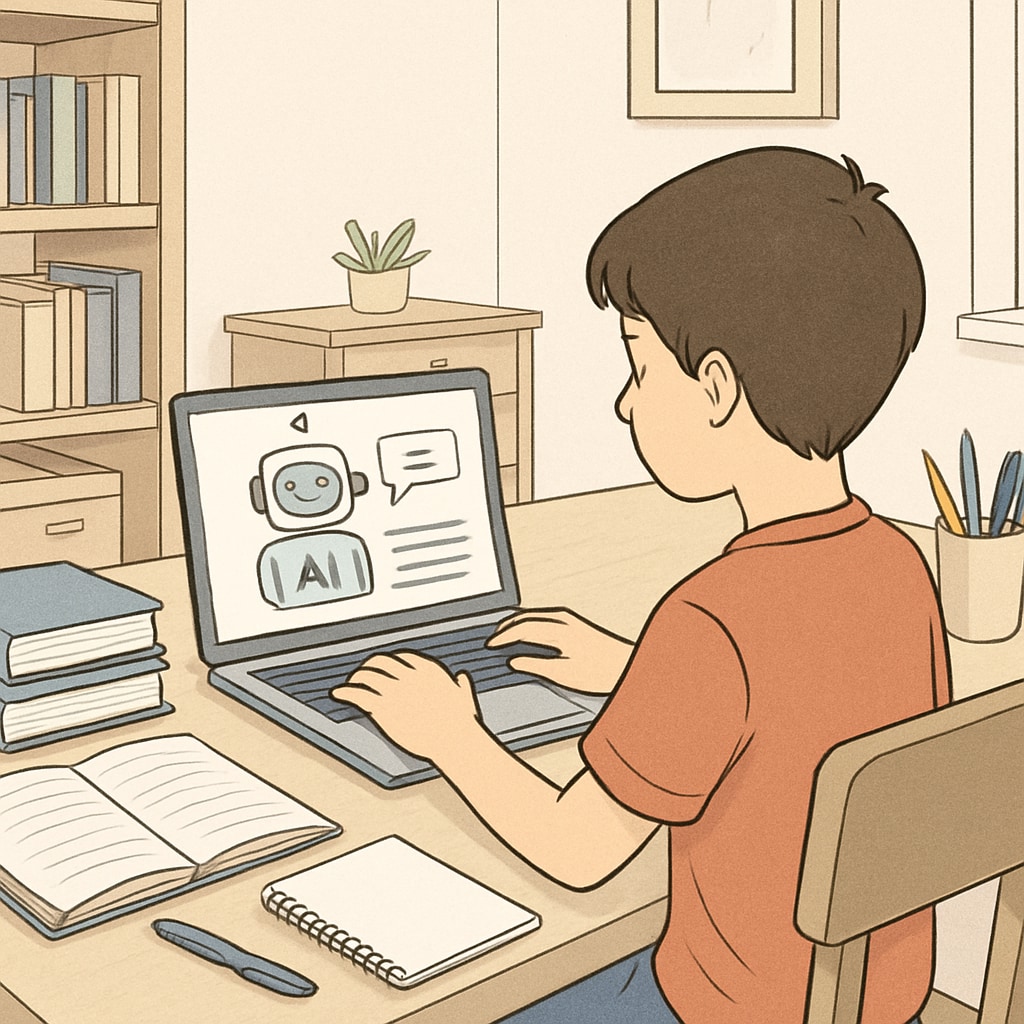Artificial intelligence (AI) is rapidly revolutionizing education, driving transformative trends and advancing educational technology. By 2030, AI is poised to reshape the K12 learning experience, offering personalized education and redefining the role of teachers. As of 2023, 63% of educational institutions and 67% of K12 teachers have already integrated AI into their classrooms, signaling a major shift in how we teach and learn. This article delves into the transformative potential of AI in education, its current adoption rates, and its future impact on classrooms.
The Current State of AI in K12 Education
The adoption of AI in K12 education has grown significantly in recent years. Schools are leveraging AI-powered tools for a variety of applications, including adaptive learning platforms, automated grading systems, and virtual tutoring. These technologies are designed to save time for educators while tailoring learning experiences to the unique needs of each student.
For example, AI-driven platforms like DreamBox and Carnegie Learning provide real-time feedback and adapt instructional content based on student performance. This ensures that learners are neither overwhelmed nor under-challenged, creating a balanced and engaging educational experience. Furthermore, AI is enabling teachers to focus more on creative and critical aspects of teaching by automating administrative tasks.

How AI is Transforming Personalized Learning
Personalized learning has long been a goal in education, and AI is making it possible at scale. By analyzing data such as student performance, learning styles, and even behavioral patterns, AI algorithms can customize lesson plans and recommend specific resources to enhance individual learning outcomes. This data-driven approach ensures that every student receives support tailored to their unique needs, fostering a more inclusive learning environment.
In addition, AI-powered chatbots act as virtual tutors, providing instant assistance to students outside classroom hours. These tools are particularly valuable for learners who require additional help or prefer self-paced learning. For instance, platforms like Khan Academy’s AI assistant are revolutionizing how students interact with educational content, making learning accessible anytime and anywhere.

Redefining the Role of Teachers in the AI Era
One of the most significant impacts of AI in education is the redefinition of the teacher’s role. While some fear that AI might replace teachers, the reality is that it is more likely to serve as an invaluable assistant. Teachers can use AI to gain insights into student progress, identify areas where students struggle, and develop targeted interventions. This empowers educators to focus on fostering critical thinking, creativity, and emotional intelligence—skills that are irreplaceable by machines.
Moreover, professional development for teachers is also being enhanced through AI. Platforms such as Coursera and Udemy offer AI-driven recommendations for courses and resources, helping educators stay updated on the latest teaching methodologies and technologies.
The Future of Classrooms: A Glimpse into 2030
By 2030, classrooms are expected to look vastly different, with AI seamlessly integrated into every aspect of education. Augmented reality (AR) and virtual reality (VR) powered by AI will create immersive learning experiences, enabling students to explore historical events, conduct virtual science experiments, and even interact with AI-generated simulations. These technologies will make learning more engaging and interactive, breaking down barriers to understanding complex concepts.
Additionally, AI’s role in creating equitable education opportunities cannot be overstated. By providing affordable, scalable, and accessible learning tools, AI has the potential to bridge gaps in education quality, particularly in underserved communities. For example, AI-powered language translation tools can help non-native speakers learn in their preferred language, promoting inclusivity in global classrooms.
However, the widespread adoption of AI in education also raises important ethical considerations. Issues such as data privacy, algorithmic bias, and the digital divide must be addressed to ensure that AI benefits all students equally. Policymakers, educators, and technology developers must collaborate to create a framework that balances innovation with equity and security.
In conclusion, artificial intelligence is set to redefine the landscape of K12 education by 2030. From personalized learning to innovative teaching roles, AI offers immense potential to enhance educational outcomes and create a more inclusive learning environment. As the adoption of AI continues to grow, it is crucial to address challenges and leverage its capabilities responsibly. The future of education is undoubtedly bright, powered by the transformative impact of AI.
Readability guidance: This article uses short paragraphs and clear headings to improve readability. Transition words such as “however,” “in addition,” and “for example” are incorporated to enhance flow. Lists are used where necessary, and long sentences are minimized to ensure accessibility for a wide audience.


